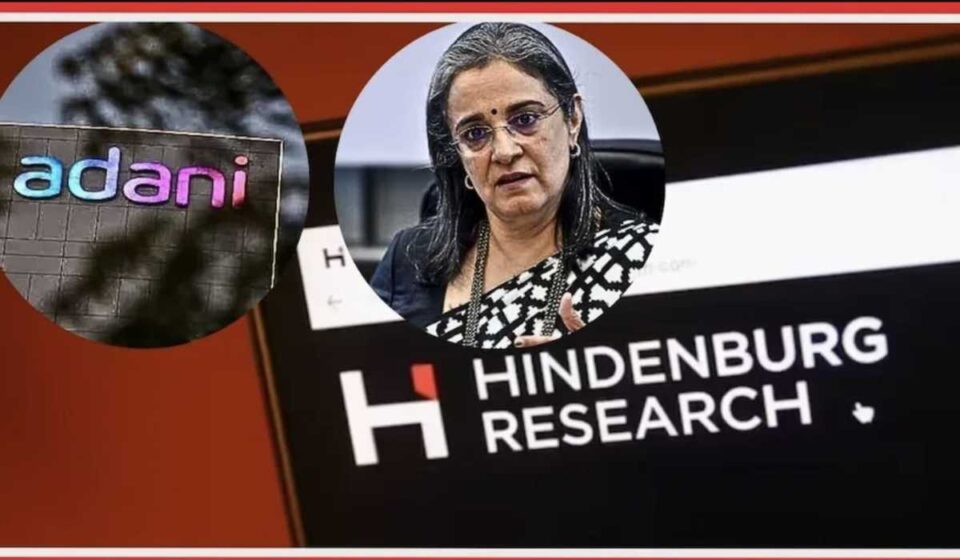Hindenburg Research has once again thrust itself into the center of Indian financial discourse, this time with a report targeting SEBI Chairperson Madhabi Puri Buch. The short-seller’s report alleges a conflict of interest in SEBI’s ongoing investigation into the Adani Group, raising serious questions about the regulator’s impartiality. This development has sparked significant debate within India’s financial community, reviving memories of Hindenburg’s earlier report that caused a massive $150 billion plunge in Adani stocks. The implications of these new allegations are far-reaching, potentially impacting the credibility of India’s financial regulatory framework.
Despite the storm stirred by Hindenburg, both SEBI and Madhabi Puri Buch have strongly denied any wrongdoing. SEBI has maintained that its investigation into the Adani Group is being conducted with full transparency and integrity. Buch, known for her unblemished record and strict regulatory approach, has dismissed the allegations as baseless, suggesting that they are part of a broader attempt to undermine the credibility of India’s regulatory institutions. Nevertheless, the controversy has gained momentum, with many questioning whether Hindenburg’s accusations will lead to a deeper investigation or if they will be dismissed as an overreach by the short-seller.
This incident is not just a clash between a powerful market player and a regulatory body; it also highlights the vulnerabilities in India’s financial oversight mechanisms. Market experts are divided on the issue, with some arguing that Hindenburg’s claims must be thoroughly investigated to maintain public confidence in SEBI, while others believe that the short-seller is simply exploiting the situation for financial gain. The debate underscores the delicate balance regulators must maintain in ensuring market integrity while avoiding unnecessary panic or mistrust among investors.
As the controversy unfolds, it has reignited discussions about the role of short-sellers like Hindenburg in financial markets. Short-selling, while a legitimate market activity, often attracts criticism for its potential to destabilize markets. In the case of Hindenburg, its previous actions against the Adani Group have already led to significant economic consequences. Now, with SEBI in its crosshairs, the debate is expanding beyond the specifics of the Adani case to broader concerns about market regulation, transparency, and the influence of external actors on domestic financial stability.
Ultimately, the outcome of this controversy could have significant implications for India’s financial markets and regulatory environment. If Hindenburg’s allegations are found to have merit, it could lead to a shake-up within SEBI and possibly stricter oversight of regulatory bodies. Conversely, if SEBI and Buch are vindicated, it could reinforce the resilience of India’s financial regulatory system against external pressures. Either way, this incident serves as a stark reminder of the interconnectedness of global financial markets and the constant vigilance required to maintain their integrity.


